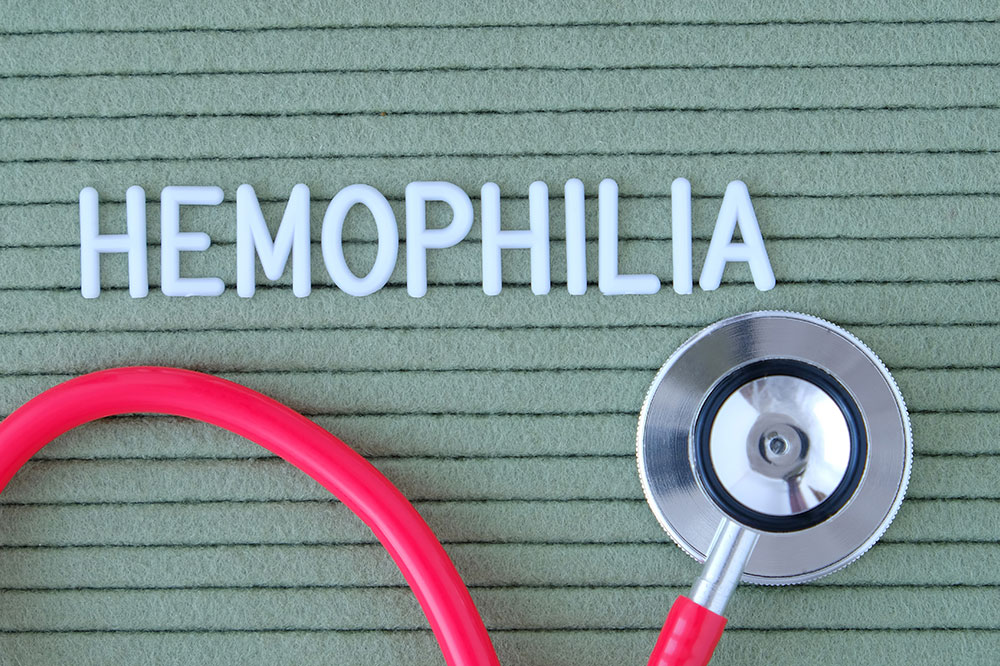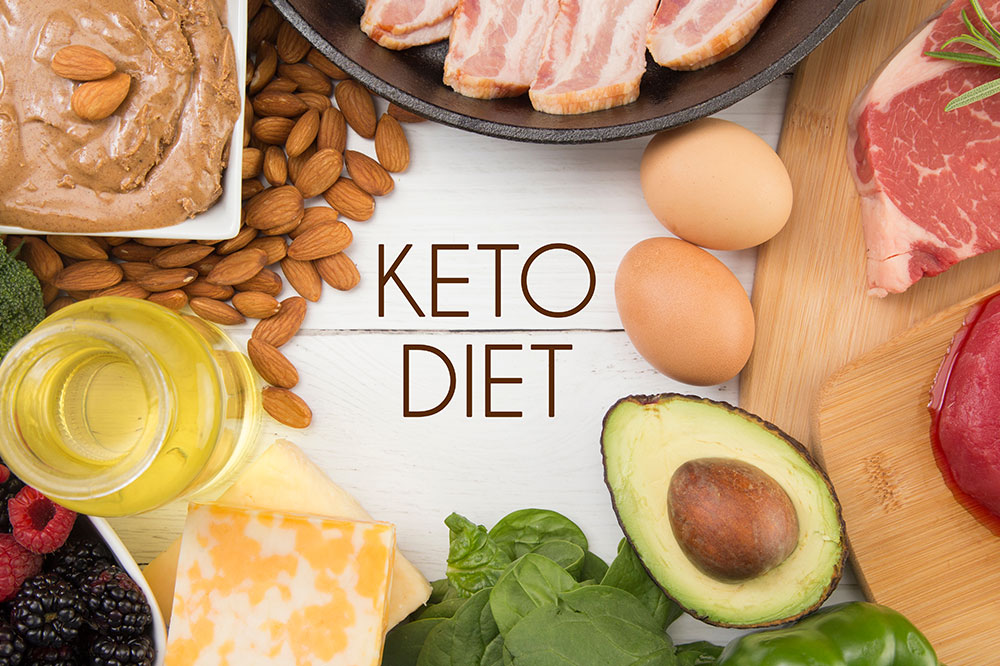8 evident signs of excess sugar intake
With the pandemic, diabetes is reportedly on the rise as the low-grade inflammation caused by the virus could worsen pre-existing diabetes by increasing insulin resistance. Studies also indicate that the virus can multiply within insulin-producing pancreatic beta-cells and debilitate insulin synthesis and secretion. While excessive sugar intake is associated with various health concerns and must be avoided, this is another reason to understand the eight noticeable warning signs of excess sugar intake listed below. Excessive tiredness Added sugar leads to an increase in insulin production to process the excess calories. These abnormal changes can lower energy levels during the day and trigger excessive fatigue. It is essential to understand the body can only process a finite amount of sugar with the insulin produced by the pancreas to break down all carbohydrates for energy. Unexplained increase in appetite Not feeling full enough or satiated throughout the day is a clear sign of excess sugar intake. The body absorbs proteins, vitamins, minerals, antioxidants, and other nutrients from daily foods to support all functions. Sugar only has empty calories and does not add any additional nutritional value. To supplement this energy requirement, people resort to compulsive snacking. Skin problems like acne Clinical studies reveal that blood glucose spikes trigger the body to produce more sebum, an oily substance found in the skin.
Read More 









